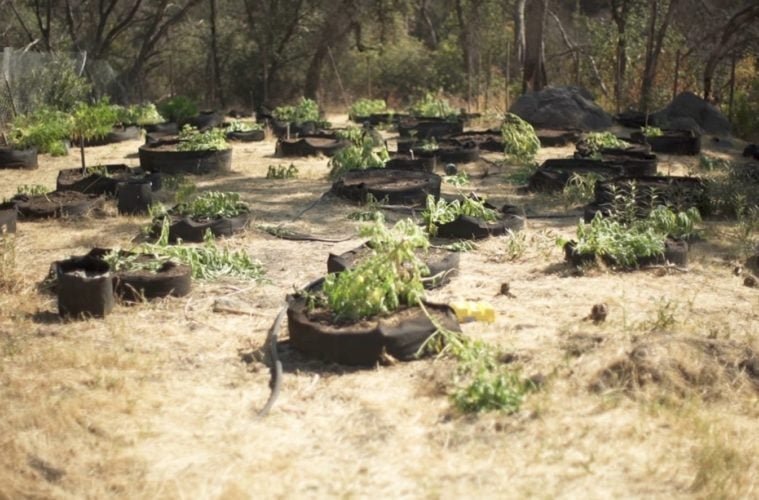Cannabis operators have faced the short end of the stick time and time again in the legal marketplace, but leaning back on the Drug War tactics of prohibition is never the answer.
The plague of operators who have never smoked heat in their lives bashing people who never got the shot they wanted in the marketplace continues to grow. Most of the time, the people taking these shots at the traditional underground market are well-funded operators. They use “enforcement of the law” as a catch-all phrase to narc on the streets from state to state. The lack of enforcement, as they see it, is the root of their headaches. This is regardless of their product quality.
It’s a lot easier to blame someone else to your investors. Those who have been participating in cannabis markets the longest have become the target of that ire. In the worst circumstances, they’d try and convince you all the cannabis grown outside of the legal marketplace is loaded with pesticides that will kill you and sold to you by an international drug trafficking entity. Sure, there’s some nasty weed and sketchy folks in the mix, but painting the entire marketplace with that brush? Sad. Disingenuous. So many things come to mind.
But here in California, those painters may have pushed us into a new era of enforcement that’s going to bring us back to something a lot closer to the dark ages of cannabis. California’s legalization rollout has gone less than ideal. The original plan to transition the underground market to a new regulated one changed quickly following legalization.
In the merger of Prop 64 and the state’s forthcoming medical cannabis regulations that would have gone into effect had Prop 64 failed, certain protections for small farmers were lost. The biggest was the prevention of the permit stacking that led to the mega farms that priced mom and pops out of the game on both sides of the market.
There is a sublayer of people in all this that pretends to hate the underground market while backdooring products from mega grows through sketchy distribution companies. These distributors are the plausible deniability between you and your weed in New York, should shit hit the fan. The mom and pops getting hit the hardest by enforcement this summer rarely will have access to such wider distribution networks technically tapped into the legal market.
The mechanism for this shitty deliverance will likely be the new Effort to Prevent Illicit Cannabis (EPIC) program. The program is essentially a rebranding of the state’s 40-year-old Campaign Against Marijuana Planting (CAMP). A major difference will be the way the actual enforcement efforts are directed.
Attorney General Rob Bonta noted when announcing EPIC that his reforms would be focused on the environmental, labor, and economic impacts of illegal cultivation. Much of the resources directed to CAMP went to monitoring the national forests of Northern California for grows during the peak of the growing season, but the EPIC program will have a permanent presence going forward.
One aspect of the program is the fact that it’s expected enforcement on unlicensed gardens located on private parcels will pick up a lot this year. As it destroyed 30 million cannabis plants over the decades, many times there wasn’t anyone in the forest to charge. With the move to heavier enforcement on private parcels, we’re bound to see more people facing legal trouble.
It’s being viewed as a double-edged sword by many up north. As they hear of the risk of enforcement, many laugh, presuming it can’t be anything compared to what they faced during the hardest era of enforcement up north. They also expect the enforcement will see prices bounce back up.
It might have never gotten to this point of increased enforcement had the farmers had a real shot in the first place. And as the last 40 years have proven, you can’t enforce cannabis out of California, especially when it’s more popular than ever.
Advertising disclosure: We may receive compensation for some of the links in our stories. Thank you for supporting LA Weekly and our advertisers.

